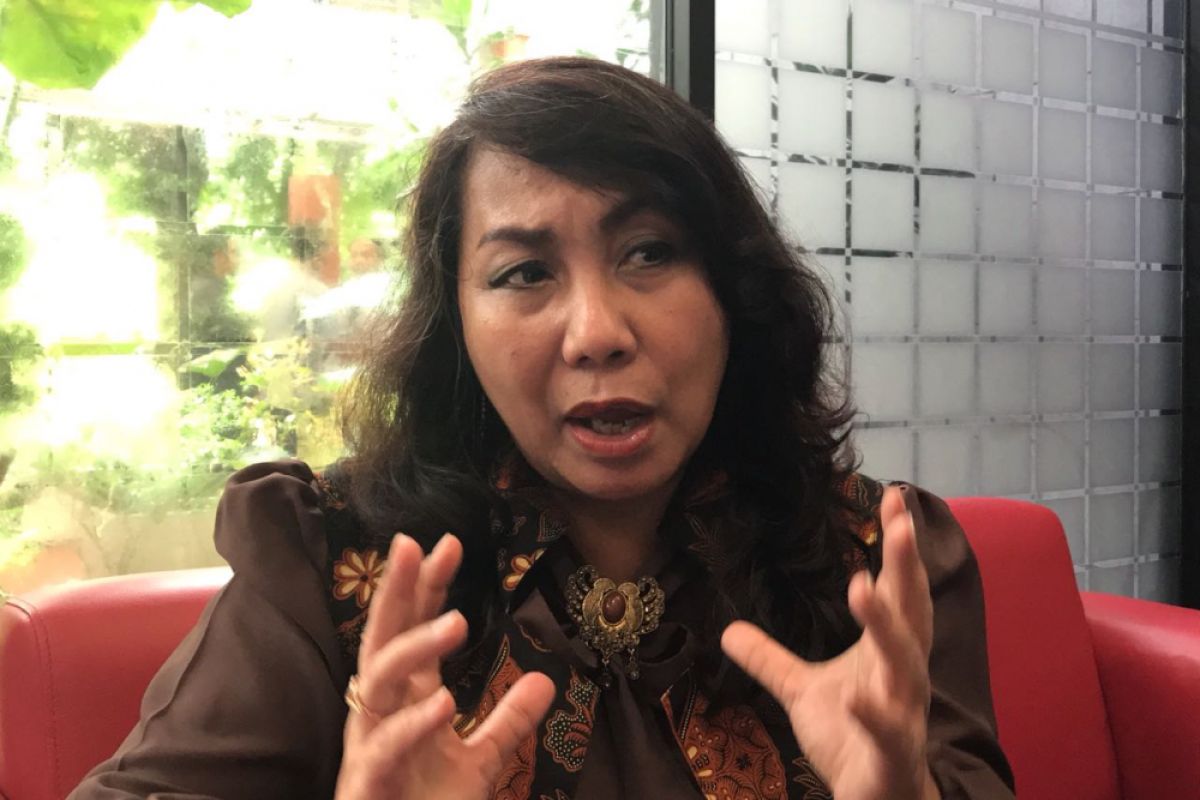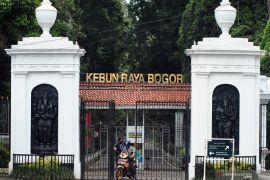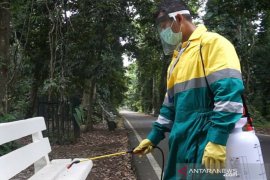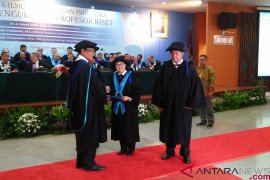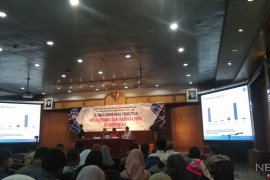"We need to provide solutions in the development of biomass through bio-refinery technology, so that it can immediately become an alternative energy source," Deputy of Life Sciences at LIPI Prof. Enny Sudarmonowati stated at the 5th ISIBio international symposium held here on Wednesday.
Sudarmonowati remarked that extensive research on the use of non-starch biomass had been conducted by Indonesian researchers, but the development has not been optimal.
According to Sudarmonowati, the development of bio-refinery technology to convert biomass into biofuel and other chemical products requires biomass pretreatment technology to produce enzyme products as catalyst or biocatalyst components.
"Until now, the required enzymes are still imported, so it affects the production costs," she remarked.
Other components needed in bio-refinery technology are integrated fermentation and reaction technology. If these components can be combined with local resources, the production process will run more efficiently, thereby reducing the production costs.
"If all components can be obtained in the country, then the production of alternative energy can be cheap and affordable, especially now that the government has issued a policy on B20 that supports the alternative energy sector," Prof. Sudarmonowati remarked.
The B20 policy, issued by the Government of Indonesia, includes optimizing the use of biofuels for transportation facilities that require the use of diesel fuel mixed with 20 percent of biofuel components made of vegetable oil.
This policy requires a stable supply of biofuels. LIPI has developed non-starch biomass-based bio-refinery technology to replace fossil fuels.
Meanwhile, Dr. Yopi, a researcher at the LIPI Biotechnology Research Center, explained that researchers at LIPI have collaborated in a consortium to conduct integrated bio-refinery technology research to produce alternative energy from biomass that is cheaper and more efficient.
He said the consortium comprised the Biotechnology Research Center, Biology Research Center, Biomaterial Research Center, and Chemical Research Center, with support of the JST-JICA SATREPS program (Japan Science and Technology Agency-Japan International Cooperation Agency) projects.
"One of the research work being undertaken by the consortium is the development of integrated bio-refinery technology by utilizing biomass from palm oil and sugarcane to produce bioethanol and bio-plastics by using local microbes," he stated.
Yopi remarked that through the integrated research consortium, the LIPI Biotechnology Research Center was awarded as the Center for Integrated Bio-refinery Science and Technology by the Ministry of Research, Technology and Higher Education.
"We hope that bio-refinery technology will continue to be developed through research collaboration," Yopi, who is also the bio-refinery project manager, noted.
Reporting by Laily Rahmawaty
Editing by Libertina , Bustanuddin
Reporter: Antara
Editor: Fardah Assegaf
Copyright © ANTARA 2018
